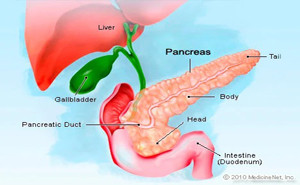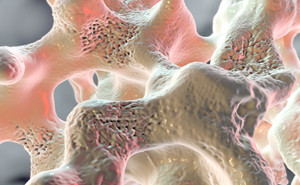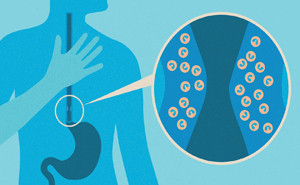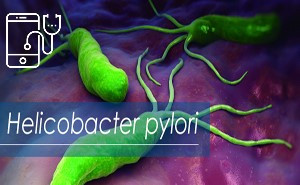Featured
Proton
pump inhibitors (PPIs) are among the most commonly used medications in the
world. Developed for the treatment and prevention of acid-mediated upper
gastrointestinal conditions, these agents are being used increasingly for
indications where their benefits are less certain.
PPI over prescription
imposes an economic cost and contri...
British Medical Journals (BMJ):
IntroductionProton pump inhibitors (PPIs) are
commonly prescribed drugs indicated for several gastric conditions, including
peptic ulcer disease, GERD and Barrett’s oesophagus.
Recent evidence suggests that PPIs
are commonly overprescribed, either in patients without an evidence-based
indication fo...
The American Journal of Gastroenterology
TAKE-HOME MESSAGE
This nested case-control study
examined adults with gastric, liver, colorectal, and pancreatic cancers and use
of PPI for ≥2 years. Cancer risks for PPI dose and duration were also
evaluated.
While exploratory analysis found
an increased cancer risk for PPI use ≥10 years,...
Proton
pump inhibitors (PPIs) have been widely used for decades to treat acid-related
diseases. PPIs exhibit a well-established safety profile and reduce gastric
acid more effectively than histamine-2 receptor antagonists or antacids.
However,
observational studies suggest that long-term PPI therapy is associated with
osteoporotic fract...
Proton pump inhibitor (PPI) was commonly used worldwide, to
treat peptic ulcer disease (PUD), gastroesophageal reflux disease (GERD), Helicobacter
pylori infection, or prevent side effects of glucocorticoids or
non-steroidal anti-inflammatory drugs (NSAIDs). However, PPI agents were also
overused by off label indication, excessive dosage an...
The American Journal of Gastroenterology:
Proton pump inhibitors (PPIs) are a
class of effective medications used to treat various acid-related disorders.
Their use in the clinical setting has increased rapidly and tremendously. PPIs
are among the most commonly used medications worldwide.
However, the widespread
availability of these...
Expert
Opinion on Drug Metabolism & Toxicology Journal: Published on: 11 Jul 2022
Proton pump inhibitors (PPIs) are
widely prescribed for the treatment of gastric acid-related disorders and the
eradication of Helicobacter pylori. In addition, they are routinely prescribed
for the prevention of gastrointestinal bleeding in patients receiv...
Eosinophilic esophagitis (EoE) is a
chronic immune-mediated inflammatory disease of the esophagus. Symptoms of EoE includes
vomiting, dysphagia, or feeding difficulties. Genetic factors and environmental
factors, such as exposure to antibiotics early in life, are associated with
EoE.TAKE-HOME MESSAGE
EoE affects approximately 34.4/100,000 peo...
Peptic ulcer disease is often defined as a mucosal break
greater than 3-5 mm in the stomach or duodenum with a visible depth. It is
therefore an endoscopic diagnosis in contrast to dyspepsia, which is a clinical
diagnosis based on symptoms alone. Peptic ulcer disease results from an
imbalance between factors that protect the mucosa of the stoma...
Dyspepsia is defined as having one
or more symptoms of epigastric pain, burning, postprandial fullness, or early
satiation. Bloating and nausea often coexist
with dyspepsia but are nonspecific and are thus not included in its definition.
Heartburn is also excluded from diagnostic symptom criteria for dyspepsia since
it is thought to primarily...
Heartburn is a cardinal symptom
of gastro-esophageal reflux disease (GERD) and is among the most common patient
complaints.
Chronic GERD can cause heart
burn, ulcers, scarring, and inflammation in the esophagus. It can also change
cells that line the esophagus. This is known as Barrett's esophagus and it
increases the risk of developi...
Esomeprazole is the first proton
pump inhibitor to be developed as an optical isomer for the treatment of
acid-related diseases. One-week triple therapy with esomeprazole provides
effective eradication of Helicobacter pylori in duodenal ulcer disease.Study Design:Study compared the efficacy of
both esomeprazole and omeprazole, in combination wi...













